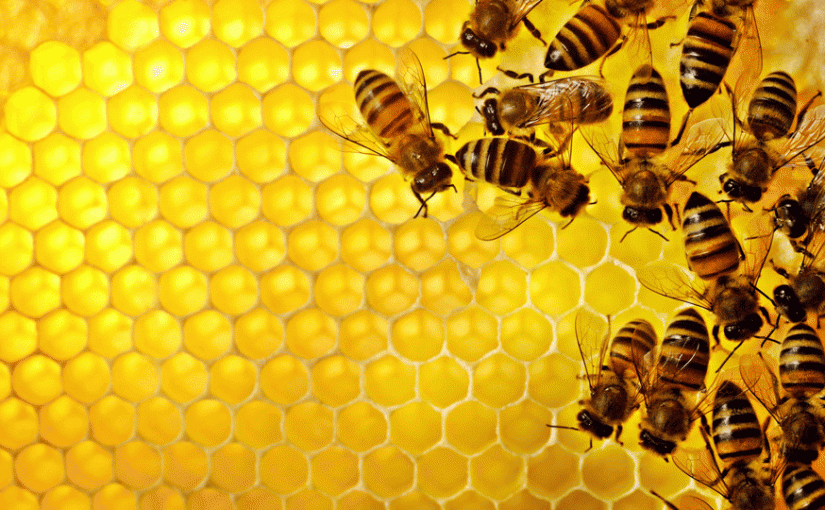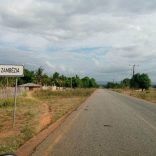Mozambique: LAM to pay off debt in annual instalments with state guarantee
European Union donates 500,000 euros for small-scale beekeeping in Sofala, Mozambique

File photo
The European Union, through the Local Economic Development Programme (ProDEL), is spending 500,000 euros (about 556,000 US dollars) to finance a project to integrate into the value chain of honey production small-scale beekeepers in Caia, Cheringoma and Maringue, in the central Mozambican province of Sofala.
The project will be implemented over a ten week period by the local economic development agency ADEL.
The project supports local small-scale beekeepers through enhancing access to the formal market by improving the production techniques. It has three foci, which are to provide training in modern beekeeping methods, strengthen local beekeeper associations, and develop business plans.
According to the daily newspaper “Diario de Mocambique”, producer associations, civil society organisations, and government bodies met on Wednesday to create a Provincial Honey Group (GPM). It is being led by the Export Promotion Institute (IPEX), which will be in charge of delivering technical assistance, marketing and gathering information.
A study carried out four years ago found that honey is an important vector for development, particularly in the north of Sofala where there are extensive areas of forest.
According to the director of ADEL in Sofala, Hamid Tayob, honey production offers an additional source of income and gives an opportunity to diversify the local economy.
He stated, “we intend, with the creation of the Provincial Honey Group, to improve the standard of living of local communities through sustainable measures that guarantee the quality and competitiveness of honey in the national market”.
The provincial head of IPEX, Jose Agapito Noe, explained that “we are going to organise producers in associations in order to improve honey production for sale on the local market. Later, we will think about exporting the produce”. However, he recognised that the European Union market is very demanding in terms of quality control.
Noe added that there was no provincial database on honey production, covering the number of producers or the quantity produced. He stated that GPM will take part in the systematisation of this information.
He concluded, “we want to change the habits of the population and inform them about the importance of honey in terms of nutrition and health. Honey is missing from our daily diet”.
Among the measures that will be taken are the opening of an information office and a processing unit in the town of Maringue. However, according to reports, the project is being hindered by the continued military tension in the province caused by armed elements from the opposition party Renamo.













Leave a Reply
Be the First to Comment!
You must be logged in to post a comment.
You must be logged in to post a comment.